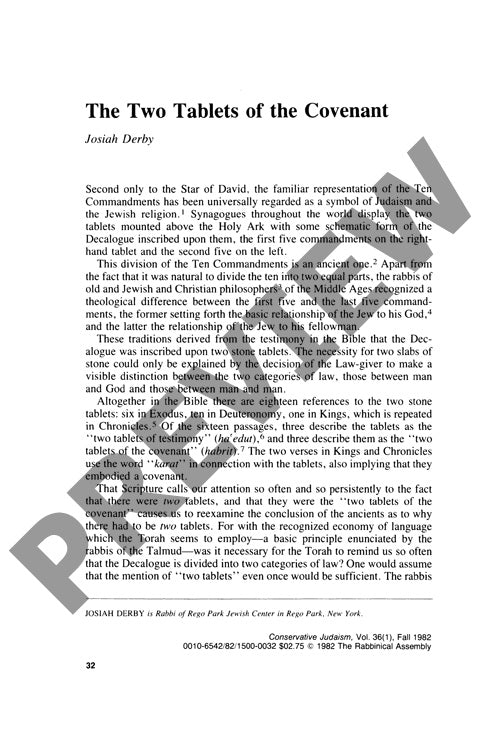The Two Tablets of the Covenant
Couldn't load pickup availability
Ancient scribes likely inscribed the complete Ten Commandments twice - once on each of the two stone tablets Moses brought down from Mount Sinai. Far from dividing five commandments per tablet as traditionally depicted, this double inscription followed established Near Eastern diplomatic protocols where treaties required identical copies for both parties. Through analysis of eighteen biblical references, ancient writing practices, and Hittite covenant documents, this research demonstrates how the complete Decalogue could fit on a single manageable stone tablet, using the Moabite Stele as a comparative model. The conventional division creates an impractical textual imbalance of 146 words versus 26 words between tablets. Instead, the repeated emphasis on "two tablets of the covenant" reflects standard legal practice: one copy represented God's possession (stored in the Ark) while the other served as Israel's copy, formalizing their covenant relationship. While traditional artistic depictions remain valuable for practical and aesthetic purposes, understanding the tablets as duplicate texts provides crucial insight into their role in ancient Near Eastern diplomatic and religious frameworks.

More Information
-
Physical Description
-
Publication Information
Published 1982
ISBN
-
Publication Credits
Josiah Derby

